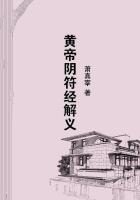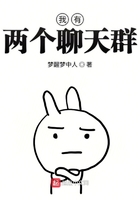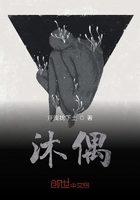The wind roared round the church, the narrow windows rattled, and the clouds of sand driven against them made a pattering as of fingers tapping frantically upon the glass. The buff-coloured curtains trembled, and the dusty pink ribands tied round the ropes of the chandeliers shook incessantly to and fro, as if striving to escape and to join the multitudes of torn and disfigured things that were swept through space by the breath of the storm. Beyond the windows, vaguely seen at moments through the clouds of sand, the outlines of the palm leaves wavered, descended, rose, darted from side to side, like hands of the demented.
Suzanne, who was one of the witnesses, trembled, and moved her full lips nervously. She disapproved utterly of her mistress' wedding, and still more of a honeymoon in the desert. For herself she did not care, very shortly she was going to marry Monsieur Helmuth, the important person in livery who accompanied the hotel omnibus to the station, and meanwhile she was to remain at Beni-Mora under the chaperonage of Madame Armande, the proprietor of the hotel. But it shocked her that a mistress of hers, and a member of the English aristocracy, should be married in a costume suitable for a camel ride, and should start off to go to /le Bon Dieu/ alone knew where, shut up in a palanquin like any black woman covered with lumps of coral and bracelets like handcuffs.
The other witnesses were the mayor of Beni-Mora, a middle-aged doctor, who wore the conventional evening-dress of French ceremony, and looked as if the wind had made him as sleepy as a bear on the point of hibernating, and the son of Madame Armande, a lively young man, with a bullet head and eager, black eyes. The latter took a keen interest in the ceremony, but the mayor blinked pathetically, and occasionally rubbed his large hooked nose as if imploring it to keep his whole person from drooping down into a heavy doze.
The priest, speaking in a conventional voice that was strangely inexpressive of his inward emotion, asked Androvsky and Domini whether they would take each other for wife and husband, and listened to their replies. Androvsky's voice sounded to him hard and cold as ice when it replied, and suddenly he thought of the storm as raging in some northern land over snowbound wastes whose scanty trees were leafless.
But Domini's voice was clear, and warm as the sun that would shine again over the desert when the storm was past. The mayor, constraining himself to keep awake a little longer, gave Domini away, while Suzanne dropped tears into a pocket-handkerchief edged with rose-coloured frilling, the gift of Monsieur Helmuth. Then, when the troth had been plighted in the midst of a more passionate roaring of the wind, the priest, conquering a terrible inward reluctance that beset him despite his endeavour to feel detached and formal, merely a priest engaged in a ceremony that it was his office to carry out, but in which he had no personal interest, spoke the fateful words:
"/Ego conjungo vos in matrimonium in nomine Patris et Filii et Spiritus Sancti. Amen/."
He said this without looking at the man and woman who stood before him, the man on the right hand and the woman on the left, but when he lifted his hand to sprinkle them with holy water he could not forbear glancing at them, and he saw Domini as a shining radiance, but Androvsky as a thing of stone. With a movement that seemed to the priest sinister in its oppressed deliberation, Androvsky placed gold and silver upon the book and the marriage ring.
The priest spoke again, slowly, in the uproar of the wind, after blessing the ring:
"/Adjutorium nostrum in nomine Domini/."

